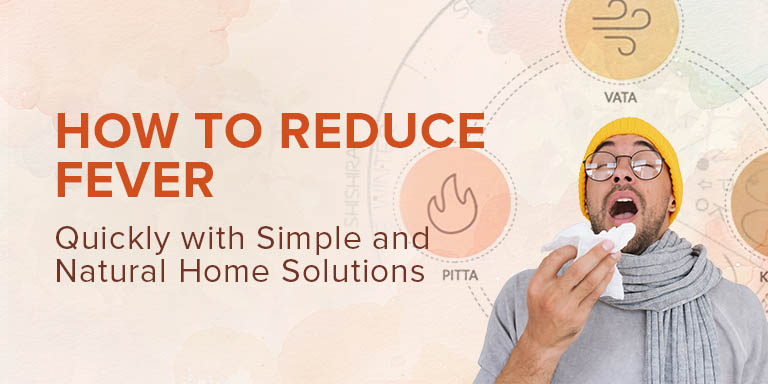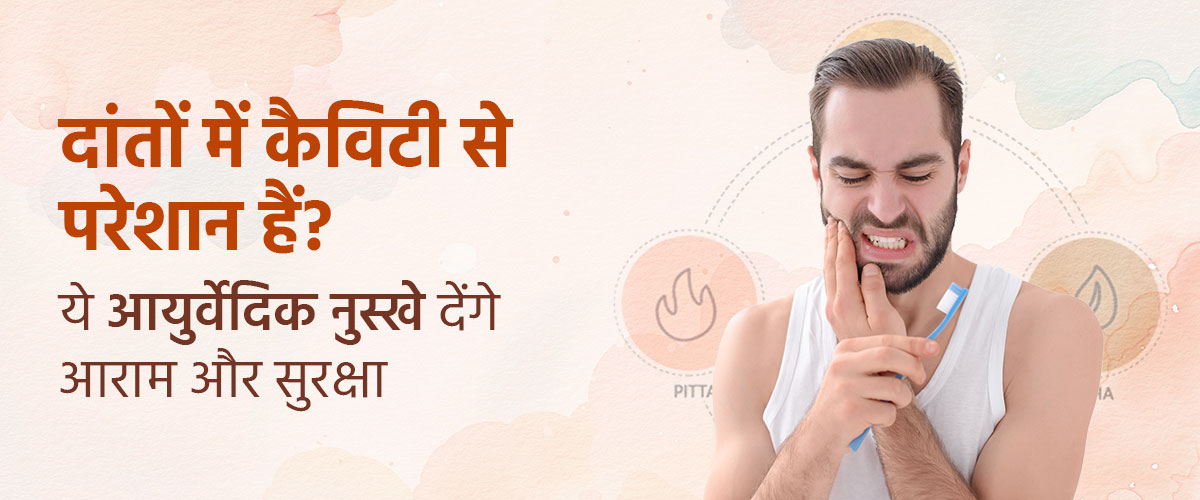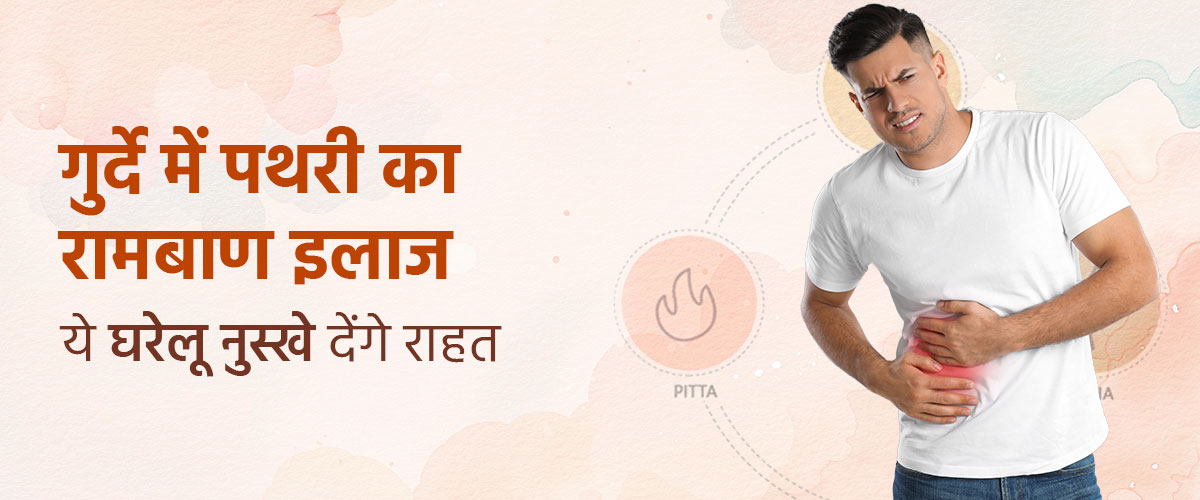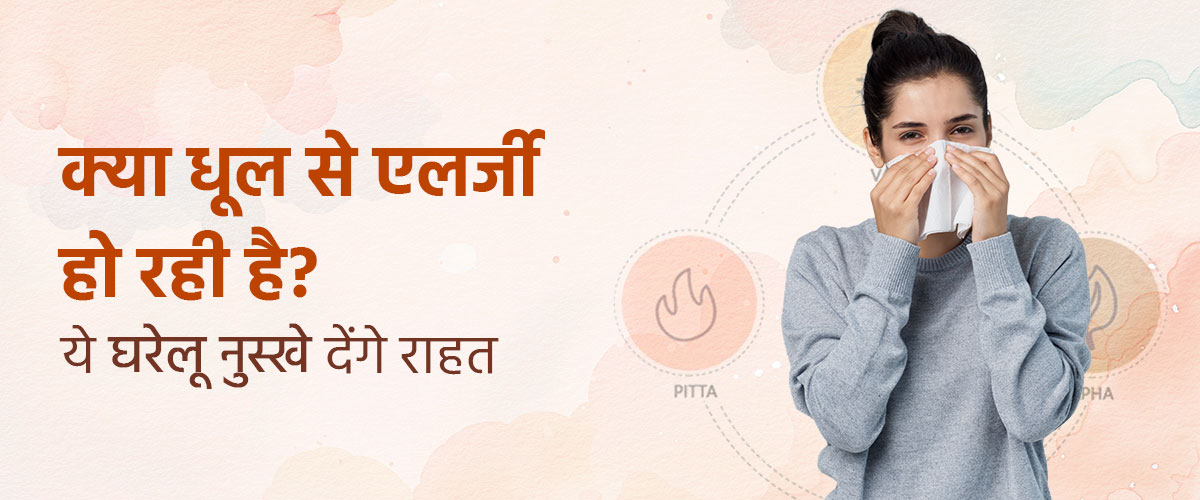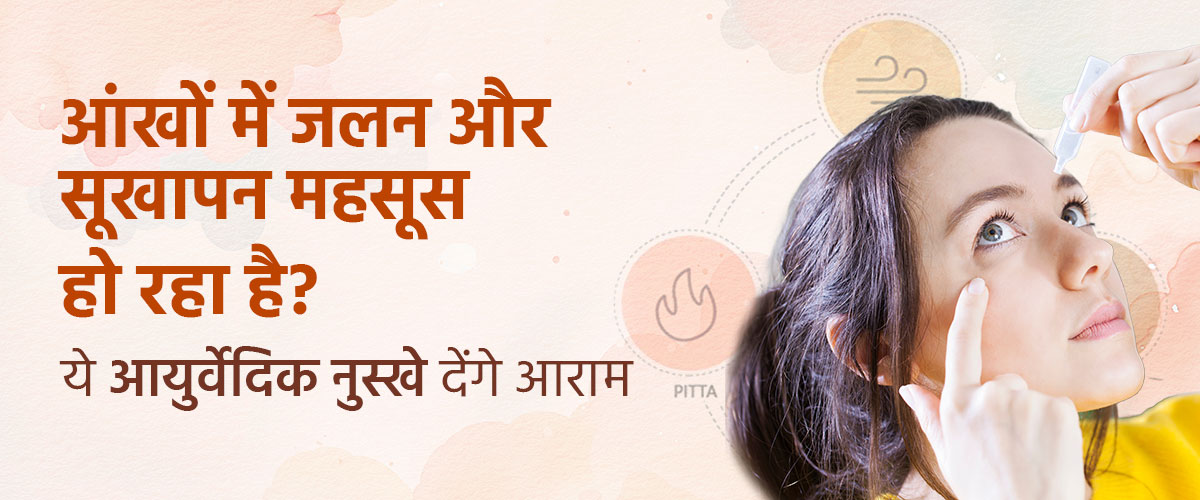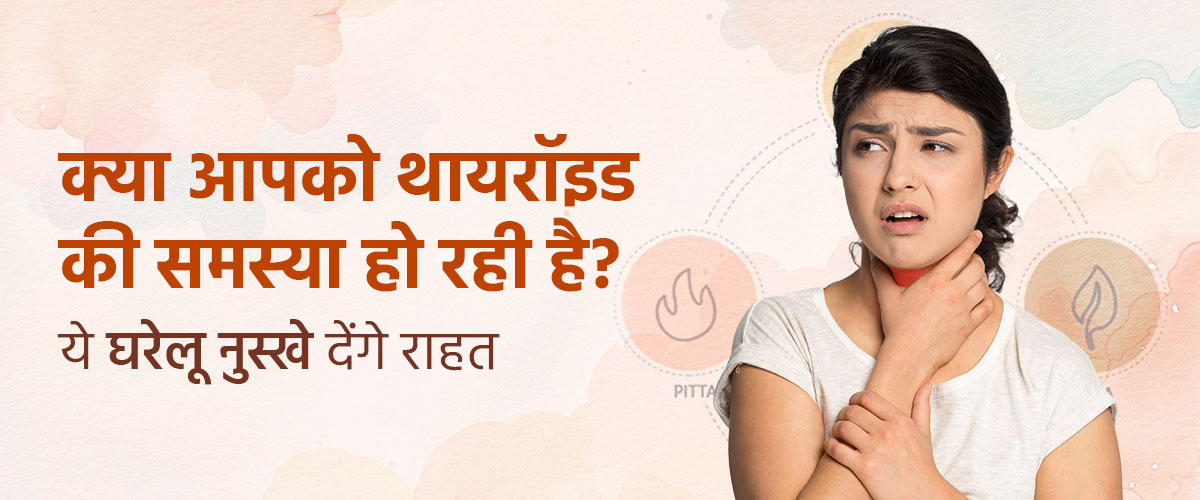Home Remedies for Black Spots on Face
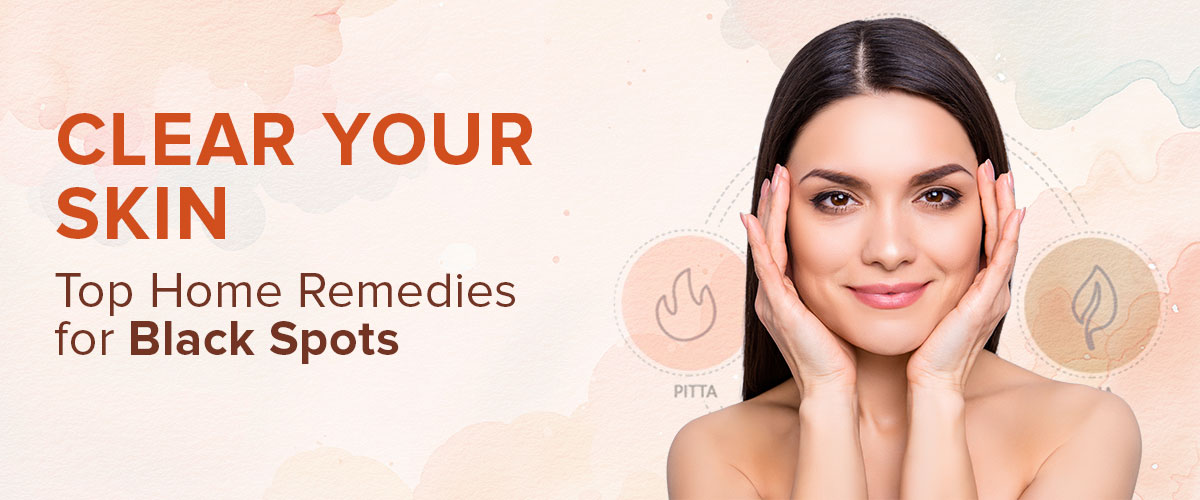
Have you ever noticed dark spots on your face and wondered how to treat them? Millions of people worldwide experience dark spots on their face (hyperpigmentation). They could be caused by exposure to the sun, hormonal changes, aging, or acne. This could lower self-confidence and also make individuals feel embarrassed about their looks.
Most people consider home remedies for dark spots on the face. These treatments are simple to prepare and use natural ingredients which are usually available in your garden or kitchen. Moreover, they are skin-friendly and free of harsh chemicals found in most commercial products. This makes them an accessible and safe choice for individuals looking for treating skin conditions naturally and easily at home. With these easy treatments in your skincare regimen, you can achieve a clearer, much more radiant complexion without expensive interventions.
What are Black Spots on Face?
Hyperpigmentation or dark spots on the face/skin occurs when certain skin patches get darker compared to other patches. This happens as excess melanin (the brown pigment which provides natural skin tone) deposits in the skin. Hyperpigmentation can happen to anybody irrespective of skin tone or race.
The symptoms of hyperpigmentation include dark areas of skin which are different in size and may develop on any part of the body. The most commonly affected are areas of the body which are generally exposed to the sun like the facial skin, hands and arms. Hyperpigmentation can impact the uniformity and look of the skin and can result in issues of self-image in many individuals.
The different types of hyperpigmentation include age spots, melasma and post inflammatory hyperpigmentation. Age spots or liver spots tend to be common in people older than 50 and those who have spent much time in the sun. Melasma could be linked to hormonal changes and it is particularly prevalent during pregnancy (at times referred to as "mask of pregnancy"). Post-inflammatory hyperpigmentation occurs when a skin injury or a traumatic event heals and creates a flat area of discolouration.
What Causes Black Spots on Face?
Even though hyperpigmentation is known for the dark spots it leaves on the skin, the root causes must be known for better management. The risk of developing this condition could be both external and internal. The factors which trigger black spots on the face are discussed below :
Genetic Predisposition: Many individuals tend to be more prone to hyperpigmentation because of their genes. This could impact how their skin responds to triggers and heals from injuries.
Hormonal Changes: Fluctuations in hormone levels, particularly in females during pregnancy, menopause, or birth control, could result in melasma (hyperpigmentation).
Sun Exposure: Extended or intense exposure to the sun's ultraviolet rays leads to melanocyte activity and also creates additional melanin and darker patches on the skin. This is the most common reason for dark spots on the face.
Skin Inflammation: Conditions such as pimples, eczema, or psoriasis could cause post-inflammatory hyperpigmentation after the skin heals, leading to darker areas.
Ageing: The changes in your skin as we grow older can cause uneven distribution of pigment, causing age spots, particularly in places which are often exposed to the sun.
Medications: Several medicines cause the skin to be darker. These include antibiotics, antimalarials, hormonal treatments and anti-seizure drugs.
Chemical Exposure: The skin could become hyperpigmented because of strong chemical substances found in many skin products or procedures.
Injuries: From burns and cuts to serious acne, any sort of skin damage may cause dark spots once the wound heals.
Home Remedies and Tips
Addressing hyperpigmentation calls for simple, potent home remedies which could be easily prepared at home. Here are some remedies to help you lighten dark spots on your face and enhance your skin's look with basic ingredients.
Tomato Paste: Tomatoes contain vitamin C that brightens the skin. To use, simply slice a ripe tomato in half and rub it on your skin. For a stronger effect, mash a tomato into a paste and apply to the face for around fifteen minutes prior to cleaning it off. The appearance of dark spots on the face could be diminished with regular application of this paste.
Green Tea Extract: Green tea extract has antioxidants which could lighten pigmentation of the skin. Steep a green tea bag in boiling water for a couple of minutes, cool, and massage the tea to your dark spots using a cotton ball. Doing this everyday might help fade spots by decreasing melanin production.
Turmeric: Turmeric is known for its anti-inflammatory and antioxidant qualities. To create a paste, mix turmeric powder with some honey and yogurt or milk. Apply this to the affected areas and leave for around twenty minutes before rinsing with warm water. This home remedy for pigmentation decreases pigmentation and helps make the skin appear more radiant.
Sandalwood: Sandalwood soothes inflamed skin and clears dark spots. Blend sandalwood powder with orange juice and rub on skin. Leave it for 20 minutes and rinse. This decreases pigmentation and also soothes your skin.
Aloe Vera Gel: Aloe Vera has healing and soothing properties. Use pure Aloe Vera gel from the plant or use an over-the-counter product & apply directly to the dark spots. Leave it on for around 30 minutes and rinse with cool water. Its depigmentation properties might help reduce dark spots when used regularly.
Papaya: Papaya contains papain, an enzyme which lightens skin and helps conceal dark spots. Mash a few bits of ripe papaya & apply on the skin. Keep it on for 20 mins and rinse with lukewarm water. Try this remedy 2 to 3 times per week.
Buttermilk: Lactic acid found in buttermilk exfoliates the skin, clearing dark spots and hyperpigmentation on the skin. Apply buttermilk using a cotton ball on the dark spots and leave on for 15 minutes prior to cleaning off. For all those with oily skin or pimples, blend some lemon juice into the buttermilk for better results.
Cucumber: Cucumber is a hydrating and skin-lightening agent & is used for treating black spots on the face. Grate a cucumber and apply the juice to the affected area. Leave it on for about 20 minutes prior to rinsing it. This remedy lightens dark spots and soothes the skin.
Lifestyle and Diet Recommendations
Black spots on the face could be better managed with holistic care. It involves lifestyle and diet changes to control or prevent the condition. These are some effective recommendations:
Sun Protection: The most essential step in controlling black spots on the face is safeguarding your skin from the sun. Use a broad spectrum sunscreen with at least SPF 30. Reapply every 2 hours in case you spend a large amount of time outdoors. Also, wear appropriate clothing, sunglasses and hats to block UV rays.
Healthy Diet: What you eat shows on your skin. Include foods loaded with antioxidants that protect against skin damage. Colourful vegetables and fruits like spinach, carrots, oranges, and berries are good options. These foods are loaded with vitamins A, C, and E, and are good for skin health & lightening black spots.
Minimise Stress: High stress levels could harm your skin, causing issues including hyperpigmentation. Try stress reduction methods like yoga, meditation, or deep-breathing.
Limit Alcohol & Smoking: Alcohol leads to dehydration of skin from the inside, and smoking raises oxidative stress due to which skin issues like hyperpigmentation can worsen. Reduce alcohol consumption and stop smoking to help your skin.
Regular Exercise: Consistent physical exercise improves blood circulation and supplies more nutrients and oxygen to skin cells. This detoxes the body and also improves your skin health.
FAQs
1. What is the home remedy for black spots on the face?
A good home remedy for black spots on the face is turmeric and honey. Apply it to the black spots, leave for fifteen minutes then rinse. Turmeric decreases pigmentation and honey soothes the skin. You can also try potato juice, which lightens spots with time. Use sunscreen daily to avoid further darkening.
2. How to remove spots from the face in 2 days naturally overnight?
Full removal within two days is unlikely, but you can reduce the appearance using aloe vera gel and some fresh lemon juice. Apply overnight and rinse in the morning. It lightens new marks and gives skin a healthier glow. Avoid sun exposure during treatment to protect sensitive skin.
3. How do you get rid of dark spots on your face at home?
Make a paste with soaked masoor dal (red lentils) and milk. Use this as a face pack 2 to 3 times a week. It exfoliates dead skin and also removes blemishes. Drink more water and include vitamin C rich foods like oranges to help your skin heal from the inside.
4. Can lemon remove a dark spot?
Lemon has natural bleaching properties but use it carefully. Blend lemon juice with honey or rose water and use only on the spots (not on the entire face) for ten minutes. Rinse off and avoid sun exposure immediately afterward. Do a patch test to avoid irritation.
5. Can milk remove dark spots?
Yes, raw milk has lactic acid that lightens spots and also eliminates dead skin. Apply with a cotton ball onto cleansed skin & leave for 10 to 15 minutes prior to cleaning. Use 3-4 times a week. Put in some turmeric or sandalwood powder for better results.
6. Can I apply turmeric on my face every day?
Yes, but use it in small amounts and mix it with something like milk, curd, or aloe vera gel to avoid dryness and staining. Turmeric can lighten the skin, soothe inflammation and fade spots when used daily. Wash thoroughly and moisturise your skin after use. Avoid raw turmeric directly on extremely sensitive skin.
7. Does aloe vera remove dark spots?
Yes, fresh aloe vera gel helps reduce dark spots. It has aloesin, which inhibits melanin production and also fades hyperpigmentation. Apply it directly on the spots every night and rinse the next morning. Additionally, it cools the skin, eliminates acne marks and also improves texture of skin.
8. Can tomato juice remove dark spots?
Tomato juice consists of lycopene and vitamin C that can lighten spots & skin tone. Apply fresh tomato juice on the affected areas, leave for 15 minutes and then rinse. Additionally, it helps close pores and reduce tanning. Use 2-3 times every week for visible results.
9. How to get clear skin?
Stick to this easy routine to clear skin: Cleanse gently, apply a homemade face pack (besan & curd) and moisturise frequently. Consume sufficient water, sleep well and consume fruits like papaya, cucumber and oranges. Avoid picking pimples or over scrubbing. Wear sunscreen often and avoid harsh chemical products.



 Prev
Prev
